Exome
Recent articles
Familiar autism-linked genes emerge from first analysis of Latin American cohort
The findings, detailed in a January preprint, suggest autism’s fundamental biology is the same regardless of ancestry. But questions remain.
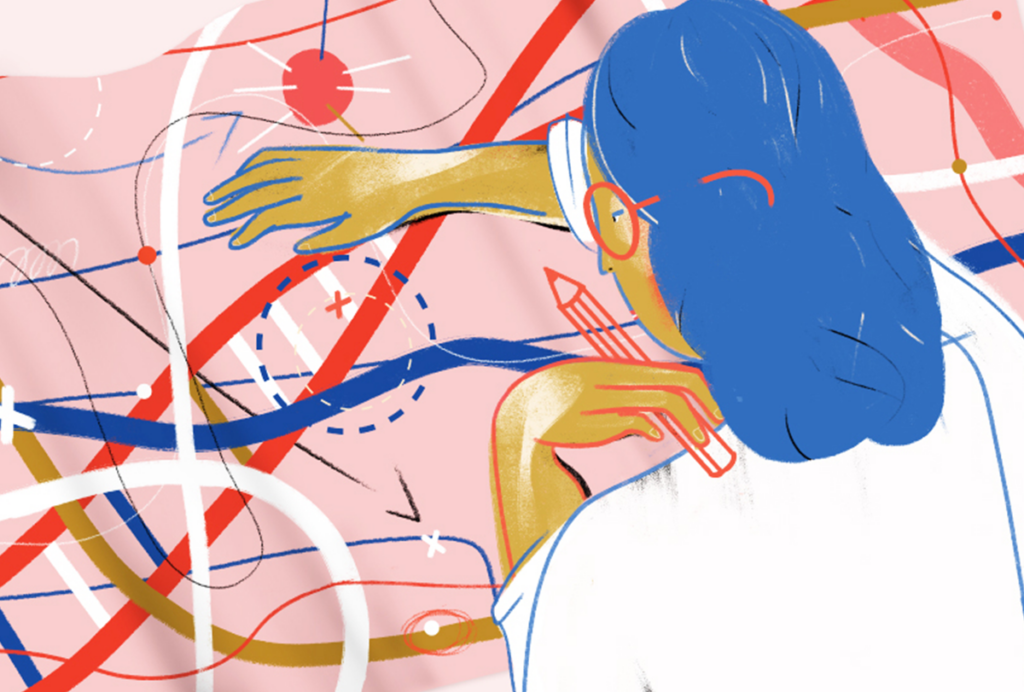
Familiar autism-linked genes emerge from first analysis of Latin American cohort
The findings, detailed in a January preprint, suggest autism’s fundamental biology is the same regardless of ancestry. But questions remain.
X-chromosome variants help explain autism’s sex bias
The rare variants are also linked to ADHD and Tourette syndrome, two other conditions that disproportionately affect boys and men.
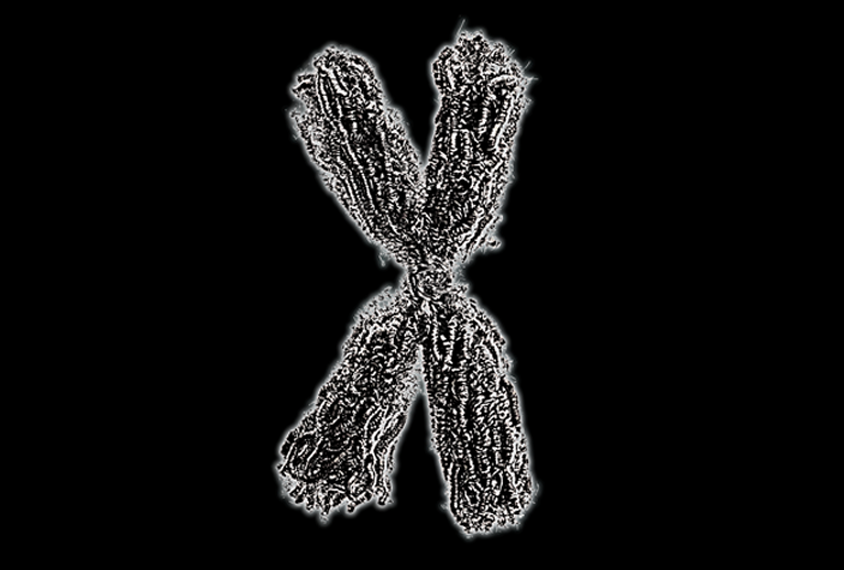
X-chromosome variants help explain autism’s sex bias
The rare variants are also linked to ADHD and Tourette syndrome, two other conditions that disproportionately affect boys and men.
‘Dosage sensitivity map’ predicts active ingredients in copy number variants
The catalog of rare copy number variants tied to autism and other conditions could help researchers identify which genes account for the mutations’ effects.
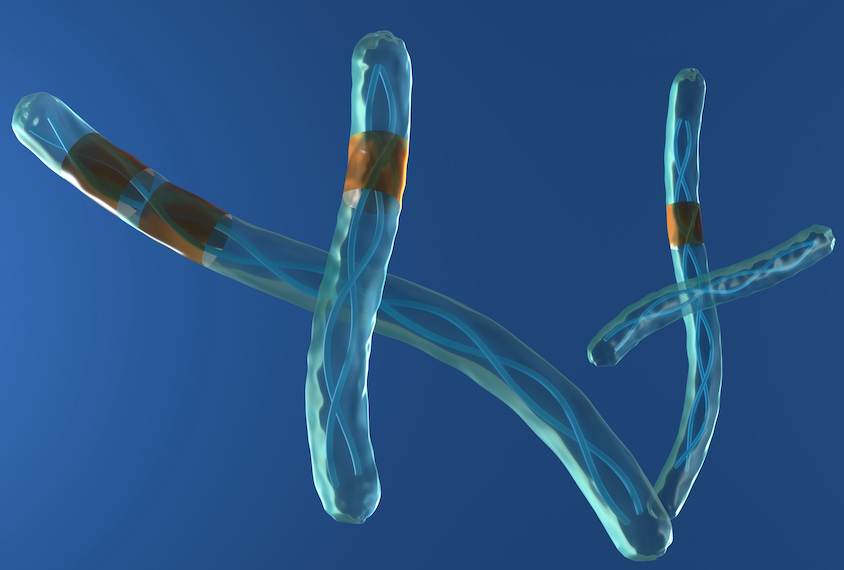
‘Dosage sensitivity map’ predicts active ingredients in copy number variants
The catalog of rare copy number variants tied to autism and other conditions could help researchers identify which genes account for the mutations’ effects.
Scans of sundry variant types uncover autism-linked genes
Troves of sequencing data reveal genes tied to autism through different variant types, providing a more complete picture of the condition’s genetic roots and new clues to its heterogeneity.

Scans of sundry variant types uncover autism-linked genes
Troves of sequencing data reveal genes tied to autism through different variant types, providing a more complete picture of the condition’s genetic roots and new clues to its heterogeneity.
Q&A with Brenda Finucane: Building pipelines for genetic tests for autism
Most autistic people do not receive the medically recommended genetic tests for autism. Brenda Finucane and her colleagues want to change that.

Q&A with Brenda Finucane: Building pipelines for genetic tests for autism
Most autistic people do not receive the medically recommended genetic tests for autism. Brenda Finucane and her colleagues want to change that.
Notable papers in autism research, 2020
Gene therapies and the factors influencing autism traits top Spectrum’s list of the 10 most notable research findings we covered in 2020.
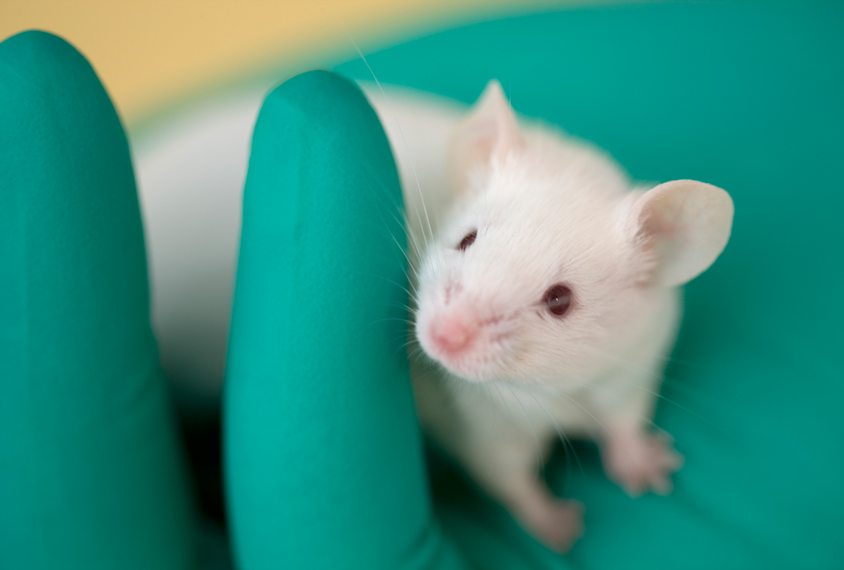
Notable papers in autism research, 2020
Gene therapies and the factors influencing autism traits top Spectrum’s list of the 10 most notable research findings we covered in 2020.
Mutations in the same exon linked to similar autism traits
People with autism who carry DNA variants in the same protein-coding region of a gene have more similar cognitive abilities and behaviors than those who carry mutations in different regions of the same gene.
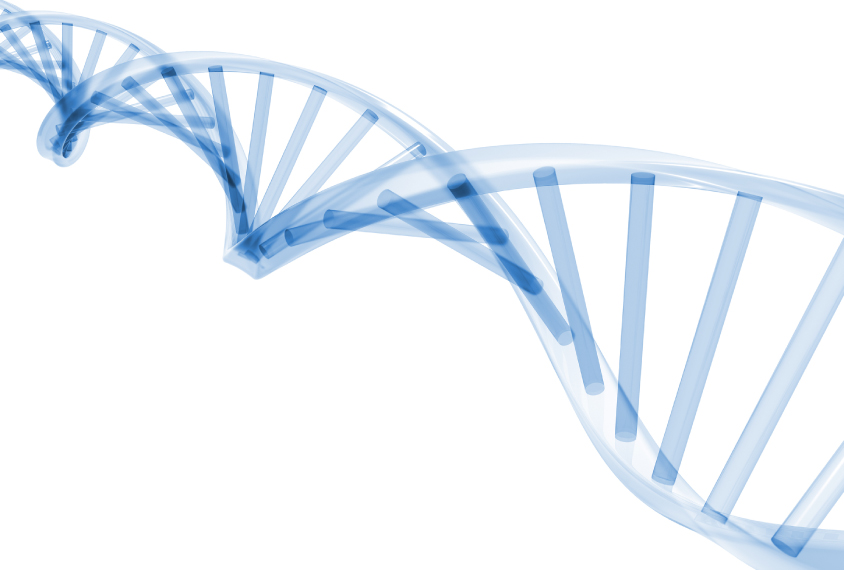
Mutations in the same exon linked to similar autism traits
People with autism who carry DNA variants in the same protein-coding region of a gene have more similar cognitive abilities and behaviors than those who carry mutations in different regions of the same gene.
Rare variants tied to neuronal migration, autism traits
Many people with mutations in the NCKAP1 gene have autism or autism traits, according to a new study spanning seven countries.
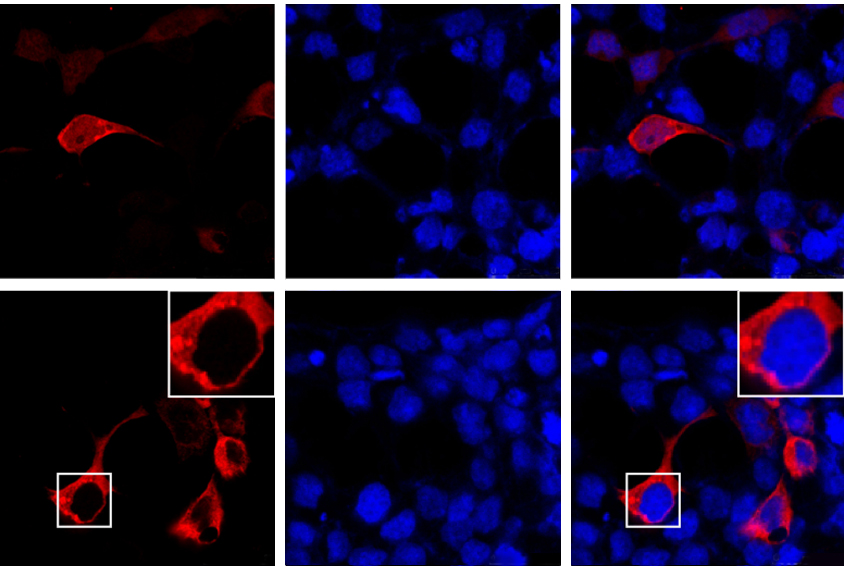
Rare variants tied to neuronal migration, autism traits
Many people with mutations in the NCKAP1 gene have autism or autism traits, according to a new study spanning seven countries.
Analysis combining variants, conditions uncovers hundreds of neurodevelopmental genes
The first genetic analysis of multiple types of variants from people with autism or other neurodevelopmental conditions reveals hundreds of genes that may be linked to neurodevelopment.
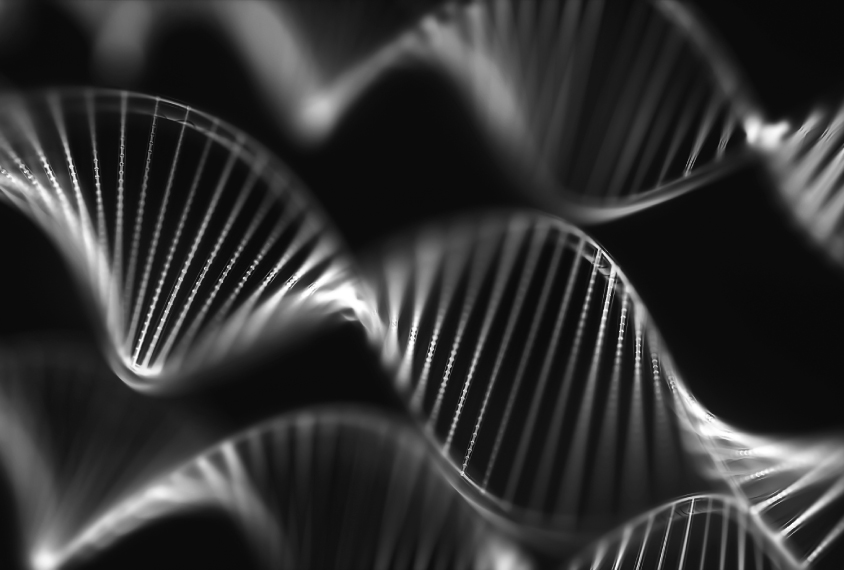
Analysis combining variants, conditions uncovers hundreds of neurodevelopmental genes
The first genetic analysis of multiple types of variants from people with autism or other neurodevelopmental conditions reveals hundreds of genes that may be linked to neurodevelopment.
Reactions from ASHG 2020
Get the inside scoop from the 2020 American Society of Human Genetics annual meeting.
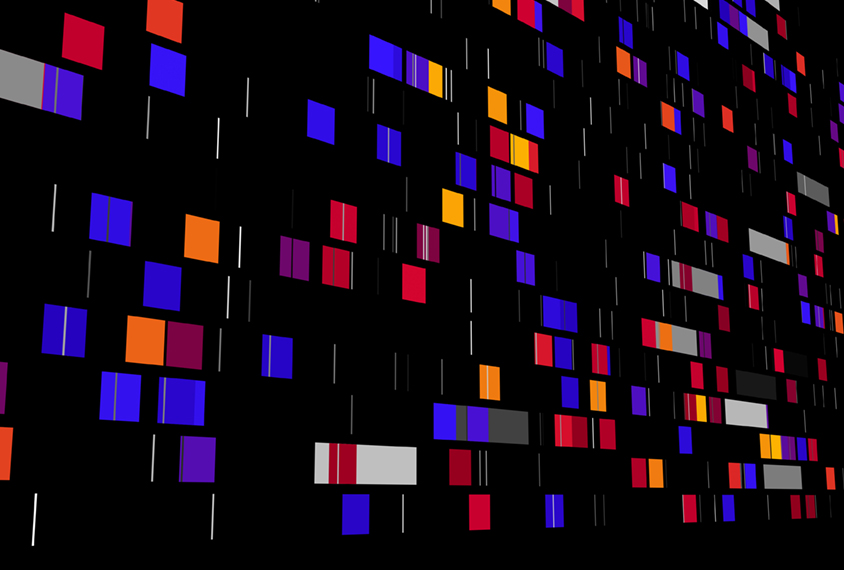
Reactions from ASHG 2020
Get the inside scoop from the 2020 American Society of Human Genetics annual meeting.
Explore more from The Transmitter
Coding error caused layoffs at National Institute of Neurological Disorders and Stroke this week, source says
Thirty employees—including 11 lab heads—at the institute should “immediately return to work,” according to an email the institute’s Office of Human Resources sent to top administration at the institute Wednesday evening.

Coding error caused layoffs at National Institute of Neurological Disorders and Stroke this week, source says
Thirty employees—including 11 lab heads—at the institute should “immediately return to work,” according to an email the institute’s Office of Human Resources sent to top administration at the institute Wednesday evening.
PTEN problems underscore autism connection to excess brain fluid
Damaging variants in the autism-linked gene cause congenital hydrocephalus—a buildup of cerebrospinal fluid in the brain—by turbocharging a downstream signaling pathway that promotes the growth of cells, according to a new study.

PTEN problems underscore autism connection to excess brain fluid
Damaging variants in the autism-linked gene cause congenital hydrocephalus—a buildup of cerebrospinal fluid in the brain—by turbocharging a downstream signaling pathway that promotes the growth of cells, according to a new study.
U.S. health agency purge includes 10 lab heads at National Institute of Neurological Disorders and Stroke
The reasons for selecting these researchers—who have led work on neuronal migration, dopamine receptors in neuronal signaling and the structure of ion channels, among other areas—remain unclear.

U.S. health agency purge includes 10 lab heads at National Institute of Neurological Disorders and Stroke
The reasons for selecting these researchers—who have led work on neuronal migration, dopamine receptors in neuronal signaling and the structure of ion channels, among other areas—remain unclear.